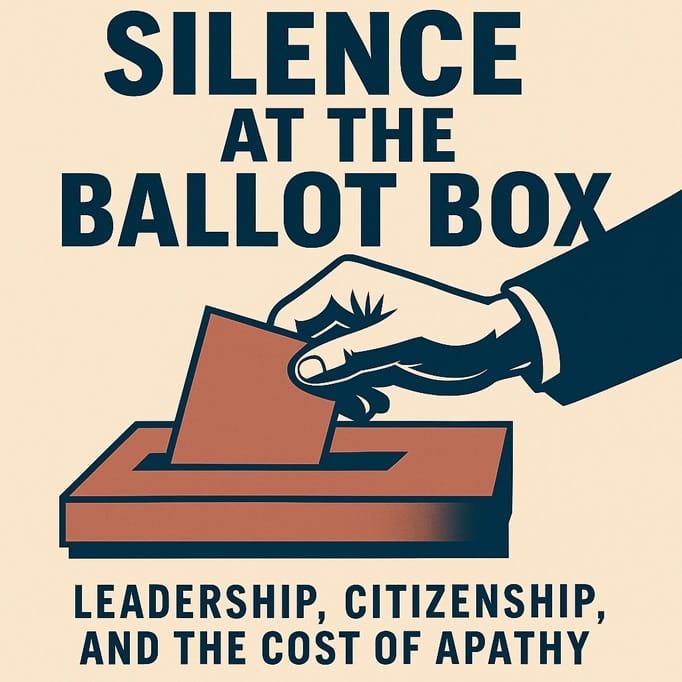Silence at the Ballot Box
As Canada approaches a pivotal election on April 28th, we find ourselves at a familiar but uncomfortable crossroads: millions of citizens wondering if their vote still matters, and far too many preparing to sit this one out.



